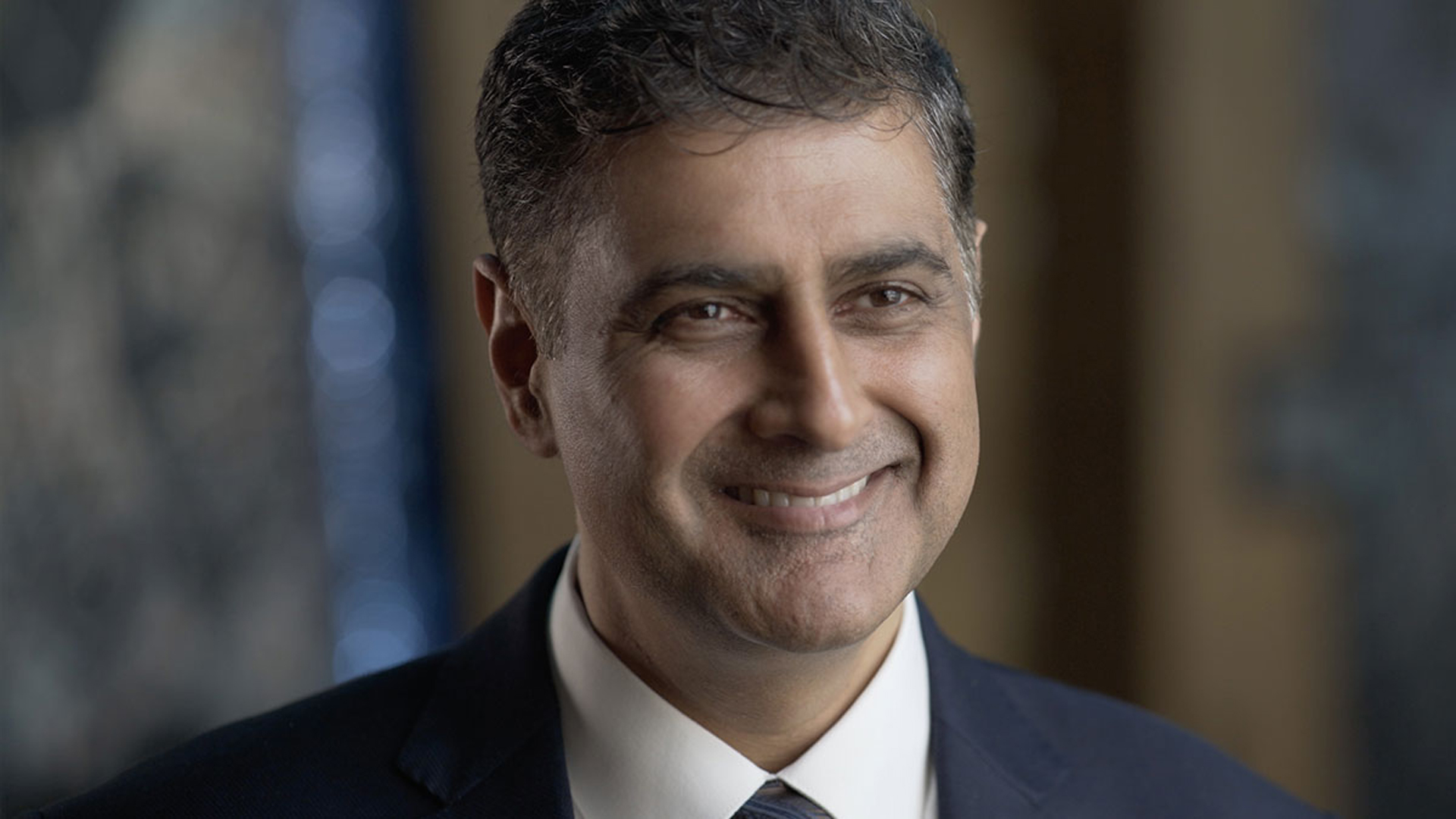Salmaan Keshavjee on Global Health, Infectious Diseases, and the Coronavirus
EDITORS’ NOTE: Salmaan Keshavjee — Professor of Global Health and Social Medicine at Harvard Medical School — discusses his insights on the Coronavirus, Medicare for All, Global Health, Infectious Diseases, Tuberculosis, Neoliberalism, and his vision for the future. Salmaan has also been working with Partners In Health and Advance Access & Delivery, two public charities committed to providing high-quality health care to the underserved.
Interview Questions
Coronavirus (COVID) — Time Index: 1:00 (Based on the Audio)
1. I want to start by talking about the Coronavirus. What do you make of everything going on?
COVID and its Effect — Time Index: 2:47
2. How do you think the spread of this disease affects the culture of global communities, especially how we might change the way we operate in the future?
Medicare for All — Time Index: 7:24
3. Speaking of things we can change, another hot topic that’s being heavily discussed right now is Medicare for All. I’m curious about what do you think an ideal plan would be? Is Medicare for all really the answer? And how do we prevent it from hurting the 1000s of doctors flooded already in debt?
Shifts with COVID Epidemic — Time Index: 13:06
4. Do you think discussions will be shifting because of what’s happening with the current coronavirus epidemic? Do you think it’s already shifting?
COVID and if Effects on Society — Time Index: 15:07
5. I want to talk about more of the practical, sociological side of this epidemic, almost in the sense that how do you see it playing out?
Priorities and Change in Society — Time Index: 19:49
6. I think one critical discussion perhaps that needs to be fleshed out more is, I think people are figuring out from an anthropological and social point is, what I’m talking about here is, that: “my priorities have been wrong”, right? What believe is permanent, are really constructs, whether it be, you know, nation-state capitalism, because we work in this globalized way. And these borders and these constructs we’ve created in reality, don’t don’t mean much in some sense. What are your thoughts there?
Tuberculosis — Time Index: 25:16
7. I want to shift our conversation to more about global health and your work with tuberculosis. You often say that we’ve known how to treat the disease for 60 years, and yet 1.5 million people die from it. You also mentioned that 4000 people are dying from it every day. Why is this still an issue?
Neoliberalism — Time Index: 33:19
8. Neoliberalism, as you’ve mentioned, and you’ve written your book on, “How Neoliberalism Infiltrated Global Health.” How do we get past this? Neoliberalism, of course, has been the defining paradigm of global health, I would say since the latter part of the 20th century. Is there a solution?
Post-Fact Society in Global Health — Time Index: 41:22
9. One of the phenomena we’re seeing playing out in today’s world is something called post-fact or post-truth. We almost live in a post-fact or post-truth society. So to quote the Aga Khan, he says, “Some people say is that we live in a post-fact society. Yes, a post-fact society. It’s not just that everyone feels entitled to his own opinion. That’s a good thing. But the problem comes when people feel they’re entitled to their own facts. What is true too often can then depend not only on what actually happened on who side you are, or search for the truth can become less important than our allegiance to a cause.”
Do you see this playing out in healthcare today and in global health today?
Vision for the Future — Time Index: 46:21
10. And finally, I often think we need to think about a vision for the future. And we end up talking about this in general terms, but could you name a specific objective, maybe from a global health standpoint, that you see the world can achieve, let’s say, in 25 years? And what insights and suggestions would you offer that might help us achieve this vision?
About Salmaan Keshavjee
Dr. Salmaan Keshavjee, MD, PhD, ScM, is the Director of Harvard Medical School’s Center for Global Health Delivery and Professor of Global Health and Social Medicine in the Department of Global Health and Social Medicine (DGHSM) at Harvard Medical School. He is also Associate Professor of Medicine in the Division of Global Health Equity at Brigham and Women’s Hospital.
Dr. Keshavjee has been leading the Harvard Medical School Center for Global Health Delivery since 2014. Under his direction, the Center addresses some of the most pressing global health challenges by focusing on research, medical education and training that promises to improve healthcare delivery systems and patient outcomes for diseases prevalent in the United Arab Emirates, Middle East, North Africa and neighboring regions. The Center also provides opportunities for faculty and students to pursue research related to the delivery of existing or new interventions that can cure or prevent disease, specifically in the following priority areas: diabetes and obesity, infectious disease, mental health, and surgery.
With advanced training in both medicine and anthropology, Dr. Keshavjee is a leading expert in drug-resistant tuberculosis treatment and the anthropology of health policy. He is the author of Blind Spot: How neoliberalism infiltrated global health. He has worked extensively with the Boston-based non-profit Partners In Health (PIH) on the treatment of drug-resistant tuberculosis. Over the last 16 years, Dr. Keshavjee has conducted clinical and implementation research in Russia (2000-present). He was also the Deputy-Director for the Partners In Health’s Lesotho Initiative (2006-2008), launching one of the first community-based treatment programs for multi-drug resistant tuberculosis/HIV co-infection in sub-Saharan Africa. His research has resulted in a number of clinical and policy manuscripts on TB and MDR-TB, which have had significant clinical and policy impact.
Dr. Keshavjee has been very involved in global policy discussions around the treatment of drug-resistant tuberculosis. In 2005, he became a member of the World Health Organization/Stop TB Partnership’s Green Light Committee for MDR-TB Treatment. From 2007 to 2010, he was the committee’s chair. He has spent considerable time working on alternate mechanisms for drug procurement, technical assistance delivery, and program implementation. In addition to acting as a consultant to a number of projects globally, Dr. Keshavjee was the co-author of a U.S. Institute of Medicine white paper on overcoming barriers to expanding treatment for MDR-TB. Dr. Keshavjee is leading an initiative at Harvard Medical School on how to achieve zero deaths from tuberculosis, and has been working with global partners to build the Zero TB Cities Initiative.


